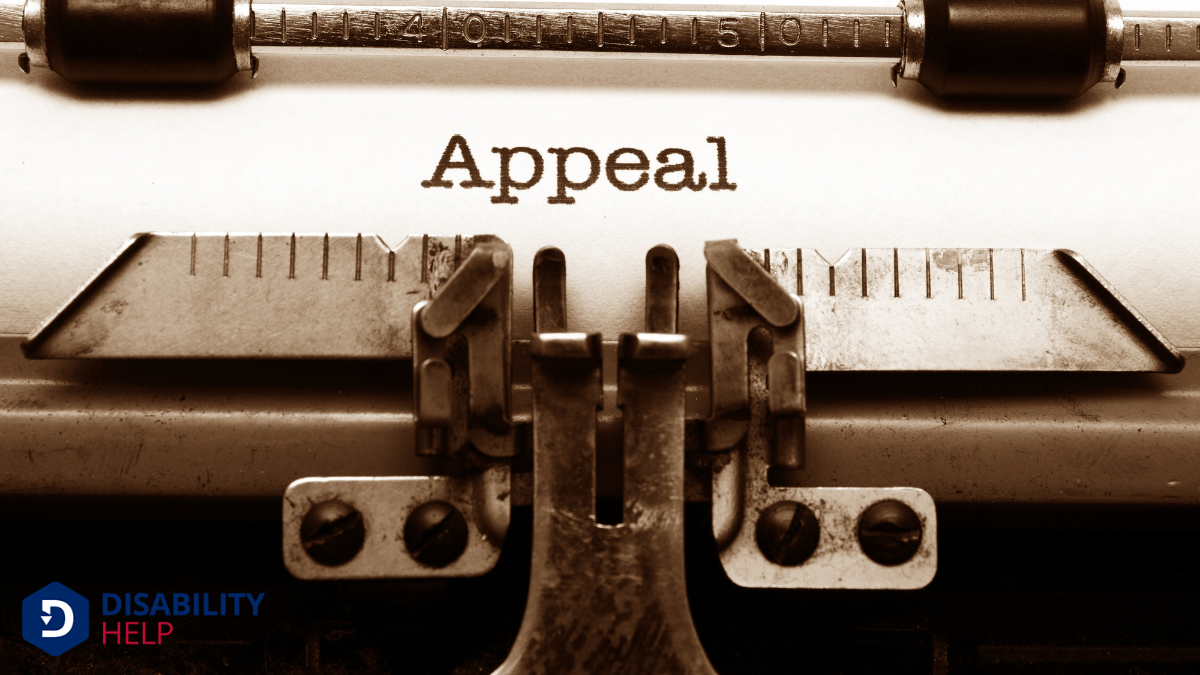When you’re traversing the complex world of disability claims, understanding which conditions are typically approved more easily can be a game-changer. Certain disabilities, like advanced-stage cancer and severe mental disorders, often align well with the Social Security Administration’s criteria. But what truly boosts your chances? It’s not just the condition itself, but also the strength of your medical evidence. Curious about how to build a robust application?
Key Takeaways
- Advanced-stage cancer often meets SSA criteria due to clear, severe symptoms, leading to higher approval rates.
- Severe mental disorders like schizophreniaA severe mental health disorder characterized by delusions, hallucinations, and disorganized thinkin... have higher approval chances with well-documented symptoms and impact.
- Degenerative diseases such as Parkinson's diseaseA progressive neurodegenerative disorder affecting movement, often including tremors. or ALSAmyotrophic Lateral Sclerosis, a progressive neurodegenerative disease affecting nerve cells in the ... typically qualify due to their progressive nature and documented work limitations.
- Thorough, consistent medical evidence significantly increases the likelihood of disability claim approval.
- Conditions aligning closely with SSA's criteria, supported by robust documentation, are more likely to be approved.
Understanding the Disability Approval Process
Understanding the disability approval process is vital if you're considering applying for benefits. First, familiarize yourself with the Social Security Administration's criteria for determining disability.
You'll need to demonstrate that your condition greatly limits your ability to perform basic work activities. Gather thorough medical documentation that supports your claim, as this will be essential in the evaluation process. Confirm all paperwork is complete and accurately filled out to prevent delays or denials.
You'll also need to be aware of the five-step evaluation process used by the SSA, which includes evaluating your current work activity, the severity of your condition, and whether your condition is on the SSA's list of disabling impairments.
Prepare for potential appeals if your initial application isn't successful, as persistence can be key.
Common Conditions With Higher Approval Rates

After grasping the disability approval process, it's important to know which conditions often have higher approval rates.
You'll find that certain disabilities like advanced-stage cancer, severe mental disorders, and degenerative diseases often receive quicker approvals. These conditions typically meet the Social Security Administration's (SSA) criteria more straightforwardly due to their severe impact on daily functioning.
For instance, conditions like Parkinson’s disease, ALS, or schizophrenia often have well-documented symptoms that align with SSA's listings.
It’s essential to remember that while these conditions may have higher approval rates, each case is unique. Your specific medical history and how your condition affects your life play significant roles.
The Role of Medical Evidence in Your Claim
When filing a disability claim, providing robust medical evidence is vital to its success. You need to gather thorough documentation that clearly demonstrates your condition's severity and impact on your daily life. This includes medical records, diagnostic test results, and treatment histories from your healthcare providers.
Make certain these documents are up-to-date and accurately reflect your current situation. Physicians’ detailed statements describing your limitations can greatly bolster your claim. Your doctor should explain how your condition impairs your ability to work or perform daily tasks.
Consistency in your medical records is important, so verify that all information aligns with your reported symptoms.
Tips for Strengthening Your Disability Application
To strengthen your disability application, make sure you gather detailed medical records that clearly outline your condition.
It's important to provide clear details about how your disability limits your ability to work.
Gather Comprehensive Medical Records
Although applying for disability benefitsFinancial assistance provided to individuals who are unable to work due to a disability, such as Soc... can be intimidating, gathering extensive medical records is vital to strengthening your application. Start by collecting all relevant documents from your healthcare providers, including medical history, treatment notes, diagnostic tests, and any prescriptions.
Make certain these records clearly outline your condition and its impact on your daily life.
Stay organized by creating a detailed list of your medical providers and treatment dates. This will help you guarantee all necessary information is included. Don’t hesitate to ask your doctors for copies of your records if needed.
Keep in mind that up-to-date documentation is important, so regularly update your records with new visits or changes in your health.
A thorough, well-organized medical file can greatly improve your chances of getting approved.
Provide Clear Work Limitations
Clearly outlining your work limitations is essential for strengthening your disability application. You need to communicate how your condition affects your ability to perform job tasks.
Be specific: describe tasks you can't do and explain why. For instance, if you struggle with lifting heavy objects due to a back issue, mention it explicitly. Highlight how your limitations prevent you from maintaining consistent work attendance or completing tasks efficiently.
Use examples from your previous job experiences to illustrate these points. Consult with your healthcare provider to verify that your descriptions align with their medical evaluations.
Navigating the Appeals Process

When traversing the appeals process, it's vital to keep track of appeal deadlines to guarantee your case stays on track.
Gather all necessary documentation to support your claim, as detailed records can make a significant difference.
Consider exploring legal representationThe way people with disabilities are depicted in media, culture, and politics, often influencing pub... options to increase your chances of a successful appeal.
Understanding Appeal Deadlines
Steering through the appeals process for disability claims can feel overwhelming, but understanding appeal deadlines is key to success.
When your initial application is denied, you have a limited time to appeal, typically 60 days from the notice date. It’s essential to act swiftly and mark this on your calendar to prevent missing it. If you miss the deadline, you might lose your chance to appeal altogether.
Staying organized and informed helps you meet these significant timelines. File your appeal promptly, ensuring every document is completed correctly. Keeping track of deadlines not only strengthens your case but also shows your commitment.
Gathering Necessary Documentation
An essential step in maneuvering the appeals process is gathering the necessary documentation. You’ll want to guarantee your paperwork is thorough and complete to strengthen your case.
Start by obtaining your medical records, which highlight your condition's history and treatment. These documents paint a clear picture for those reviewing your appeal.
Additionally, gather statements from your healthcare providers. Their professional input can validate your claims and show the impact of your disability.
- Medical records: Chronological history of treatments and diagnoses.
- Doctor's statements: Professional insights and prognosis.
- Employment records: Evidence of how your condition affects work capability.
Finally, remember to keep copies of everything you submit. This organization guarantees you can track your appeal’s progress and provide any additional information if needed.
Legal Representation Options
Although maneuvering the appeals process for disability claims can be overwhelming, considering legal representation options can greatly ease this journey. You might find that hiring an attorney or advocate improves your chances of success.
These professionals understand the intricacies of the system and can guide you through each step, ensuring you meet deadlines and assemble the strongest case possible. They’re often paid only if you win your appeal, which makes them accessible without upfront costs.
Additionally, legal representatives can help you understand complex paperwork and communicate effectively with officials. Their expertise can notably reduce stress and increase your confidence.
Resources for Disability Applicants
When maneuvering the complex process of applying for disability benefits, knowing where to find reliable resources can make a significant difference.
You’ll want to gather information from trusted sources. Here are three essential resources to guide you along the way:
- Social Security Administration (SSA) Website: This official site provides detailed information on eligibility, application procedures, and necessary documentation.
It's a must-visit for accurate guidance.
- Local Disability Offices: These offices offer personalized assistance.
Visiting in person can provide clarity and help you understand specific requirements tailored to your situation.
- Support Groups and Forums: Connecting with others who’ve navigated the application process can offer invaluable insights and tips.
They’re great places to ask questions and share experiences.
Stay informed and proactive; it’s key to a smoother application journey.
Conclusion
Steering through the disability approval process can be challenging, but understanding which conditions typically have higher approval rates can help. Focus on compiling robust medical evidence, including detailed treatment histories and physician statements, to strengthen your application. Don’t forget, if your initial claim is denied, you’ve got options—appeals can often turn the tide. Use available resources to guide you through each step, ensuring you’re as prepared as possible for a successful outcome.






